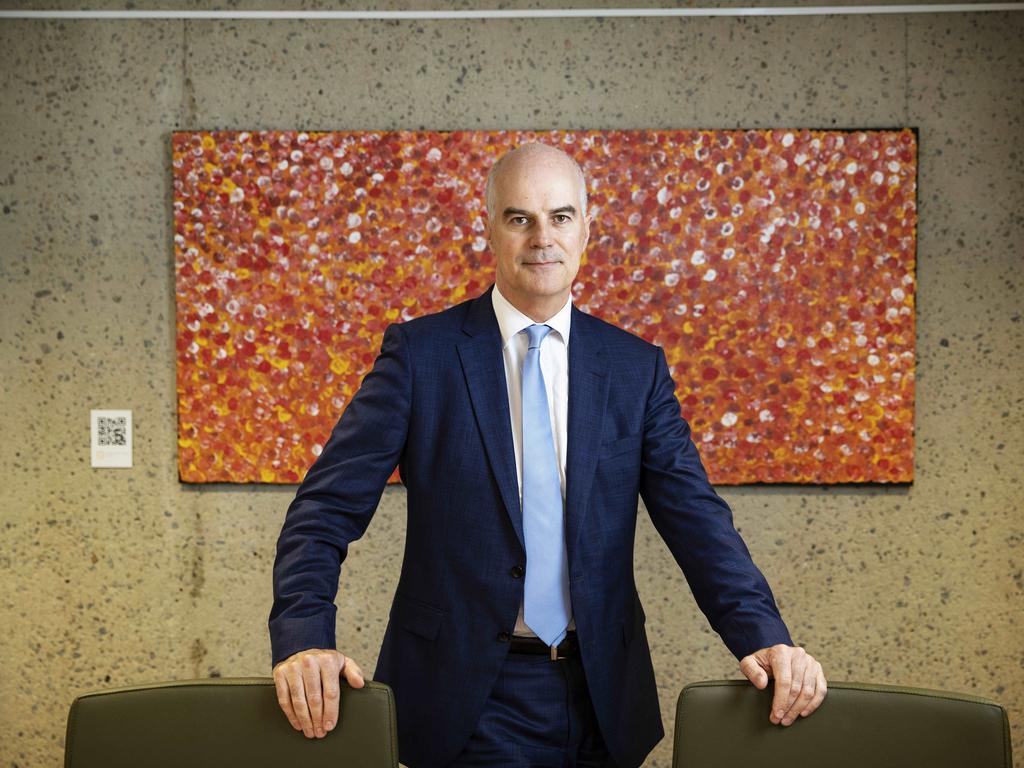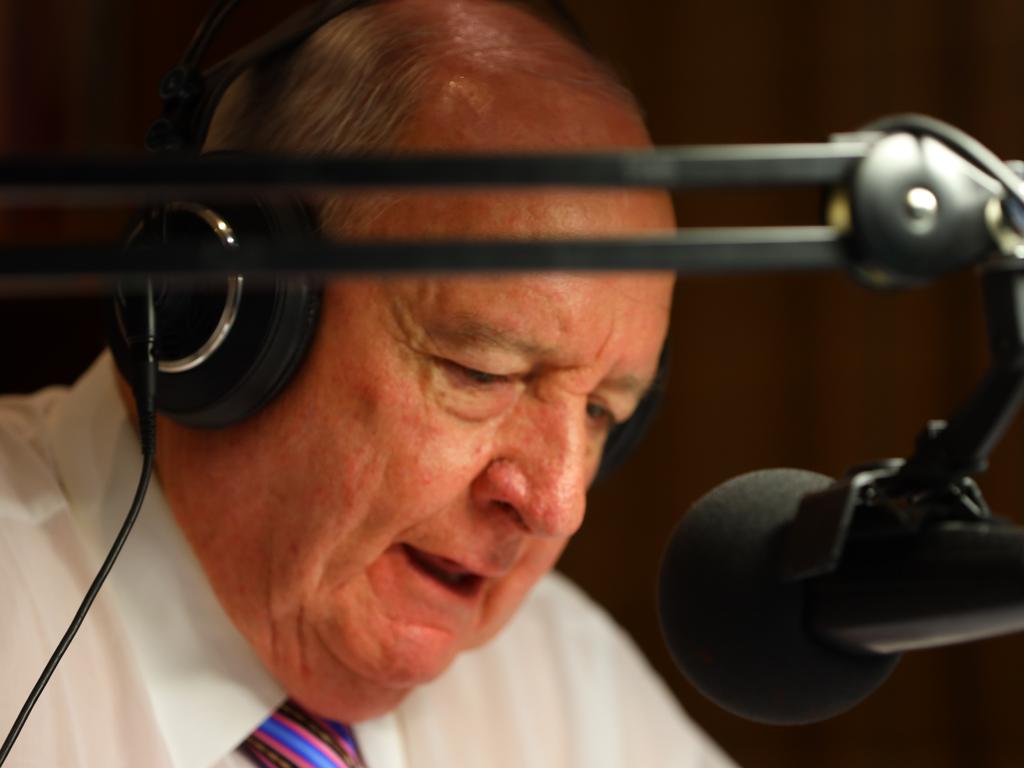Nev Power must ‘switch on’ energy reform on demand side


But in public interviews, including with this column, Power has stepped well clear of the commitment, arguing instead that the growth of renewable energy would bring Australia under its international targets.
True enough, but the argument is over both supply (renewables) and demand, and every state in the country has a stated zero net emissions target for that very reason.
It’s as if Power is speaking on behalf of the federal government on the issue.
Without any doubt, the major focus in business today is recovering from the shutdown and coping with the worst recession in a generation.
Power rightly sees this transition as being his key focus, but the next step is the recovery that will focus on issues such as industrial relations and energy policy.
If Power is to advise state and federal governments on this phase, then it is important he actually tells the feds what business thinks, and many in business would argue this means specific targets on the demand side of the equation.
There is, after all, not a lot of point in Power telling Scott Morrison what the Prime Minister wants to hear if it’s not what business thinks should happen.
Power would be doing the country a disservice if he played that game — just giving the feds what they want to hear.
This said, Grant King has just handed the feds a report on climate funding that was established in October last year, before the virus was the dominating factor in the economy.
The former BCA boss is also well-versed in politics from his days running both Origin and the BCA, and he rightly says there is not a lot of point in having long-term targets unless you do something about it.
King firmly believes business should be getting on with it. He goes on to say that in the present environment, business can’t be expecting the government to do much in the way of funding on any carbon projects — so if it’s going to happen, then it’s up to business.
He was criticised for recommending funding on carbon sequestration and storage, which is a technology that has been talked about forever but has never quite got there.
King wanted funding to be technology-neutral — which, some would say, is a long way short of recommending more funds to failed clean coal technology developments.
King argues that a range of industries, from petroleum to cement, are close to establishing the technology to capture carbon, so the next leg is to store it.
All good, but also all on the supply side of the equation.
For his part, Power rightly stresses the need for more gas supply and “open exploration of more mineral resources”. He also wants more investment in gas pipelines and infrastructure to bring stranded assets to market.
“There is a need to reduce complexity and operate with the least amount of regulation possible to establish certainty about the regulatory process,” he says.
Few would argue with this desire to streamline the processes to allow business to accelerate in a market not tangled in duplicated regulations.
Power is a big supporter of the national cabinet process, which he says has operated well in the crisis with everyone galvanised around the health issue.
He has said there is a “great opportunity for long-term reform”, but decisions on the long term needed to be taken, starting now.
Search for specifics
Google Australia chief Mel Silva was quoted recently claiming she didn’t make much money from using other people’s media content, as if to say “what is all the fuss about?”
Silva’s attempt to divert attention from the bleeding obvious is precisely why ACCC chair Rod Sims released his concepts paper on Thursday ahead of the July draft code of conduct to address the bargaining imbalance between the dominant platforms and the widely dispersed media.
Silva might not make much money on just media, but question how many people would use Google searches if there was no ability to mine the media data banks.
What would be the point of Google searches if there was nothing to search?
That is the sort of debate Sims is trying to avoid in the comments he gets back by June 5 on his concept paper.
The paper itself is broad, which is aimed at directing comment to specific issues so the regulator can get on with the job at hand, which is to bridge the bargaining gap between Google and Facebook, which control 75 per cent of digital advertising, and the media, which may be concentrated in certain sectors but is dissipated in all.
The paper makes clear these two are the focus, but there are other platform giants that may be added down the track.
Having already completed its review of digital platforms, it is specific questions on the content of the bargaining code that are needed, as opposed to a debate over the start of the universe.
The July deadline is fast approaching and there are some key issues still to be decided, such as fee collection and the basis on which the fees are charged, collectively or individually. Facebook is represented in Australia by King & Wood Mallesons, while Allen & Overy represents Google on competition issues.
Merger urges
Clifford Chance’s Dave Poddar wants the ACCC to modify its merger approach to put greater weight on the role of online retail sales. “Competition does not require close physical geographic location in order to be a meaningful constraint,” Poddar argued in a recent paper.
He is also calling on the regulator to play a bigger advocacy role for removing impediments to competition, such as shopping hours and pharmacy limits.
“The ACCC should be supportive of the cutting of red tape (including in its own dealings with business) and advocating for reducing other restrictions which may impede small businesses’ ability to bring their operations out of hibernation,” he added.
The ACCC is working through a long list of temporary authorisations that were granted to businesses to work together to improve the supply chain and other national interest issues, with a view to ending the temporary authorisations and move the ACCC from the “Australian Cartel Co-ordination Commission” back to the “Australian Competition & Consumer Commission”.







Neville Power is in the process of helping to advise government on sustainable strategies to boost economic growth post-COVID-19, but has hit an apparent brick wall over energy policy. Many in business — from BHP, Rio Tinto and down, and even Power’s old shop Fortescue — are committed to zero net carbon emissions in 2050 or, to be more precise, “in the second half of the century”.